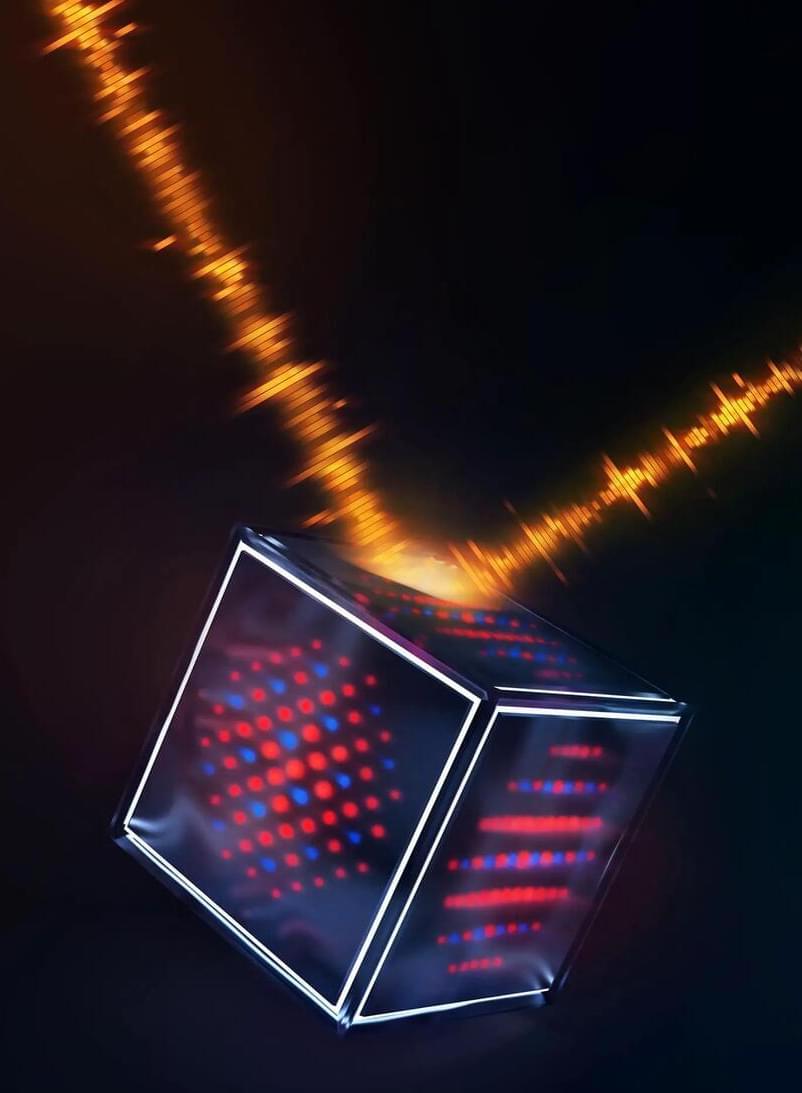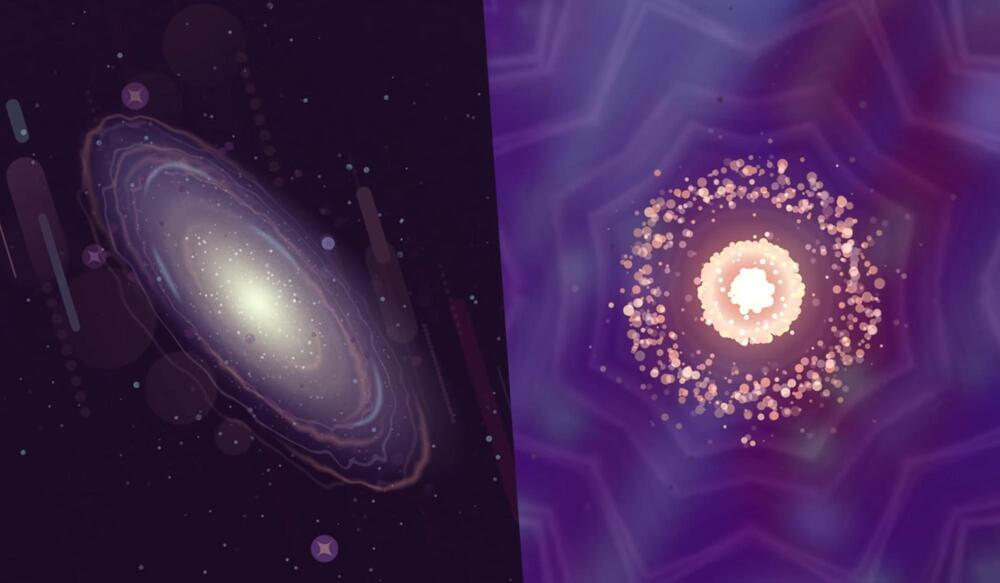Jul 10, 2023
AI, quantum and nuclear technologies are key to Lockheed Martin’s vision for Space 2050
Posted by Genevieve Klien in categories: business, nuclear energy, quantum physics, robotics/AI, space travel
LOS ANGELES – Artificial intelligence, quantum computing and nuclear power are among the key technologies Lockheed Martin sees as important for future space missions.
Through a project called Destination: Space 2050, Lockheed Martin executives are exploring, for example, how AI could assist scientific exploration of locations where communications with remote sensors would be disrupted by high latency.
In that type of environment, “you really can’t interact with the robotic sensors,” David Lackner, Lockheed Martin senior manager strategy and business development, said during a June 28 webinar. “You have to have something that is super autonomous that can deal with unknown unknowns. We’ve got some really interesting causal autonomy tools that … allow the AI to be super smart about running into something that it hasn’t encountered before.”

















